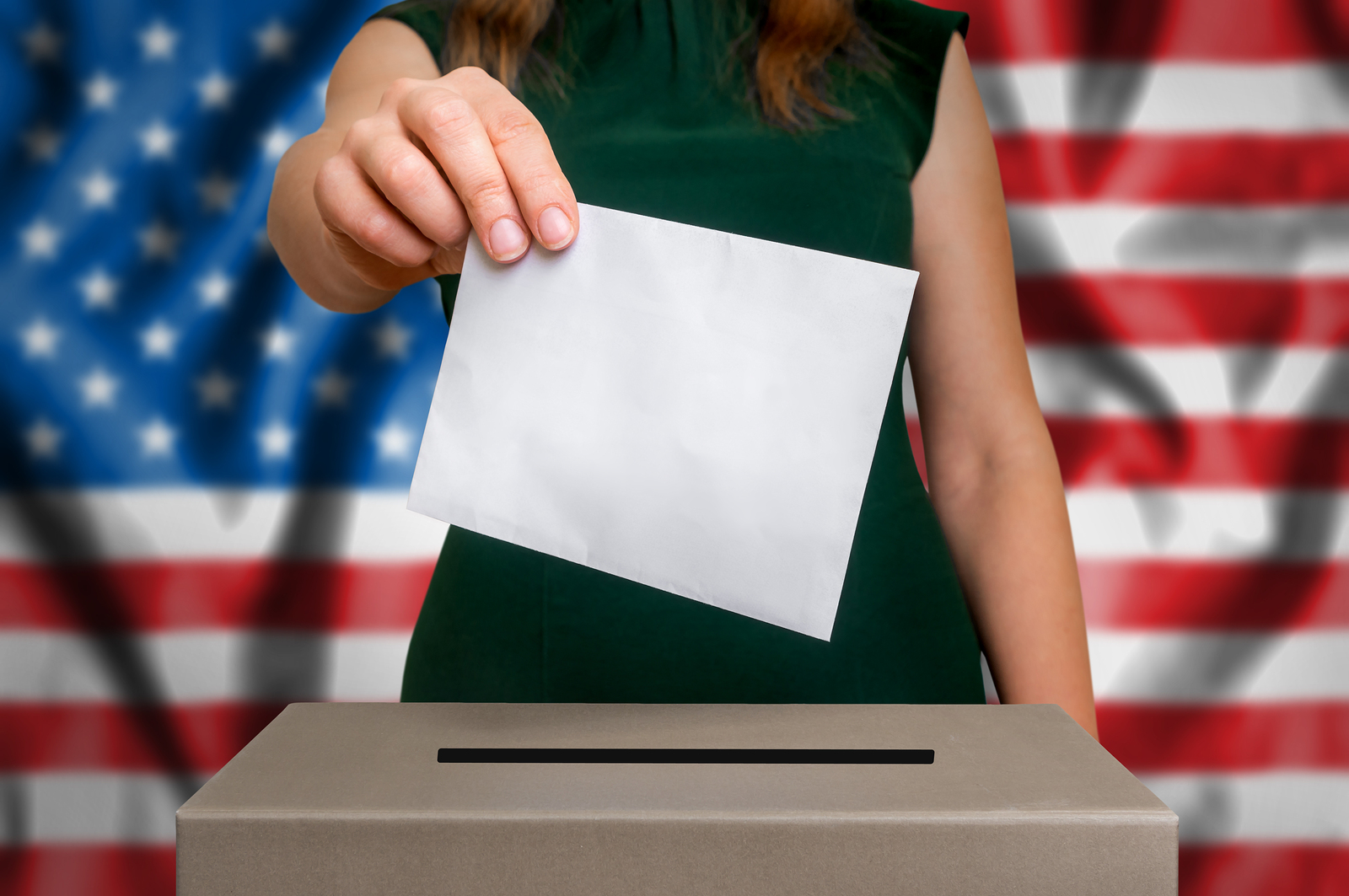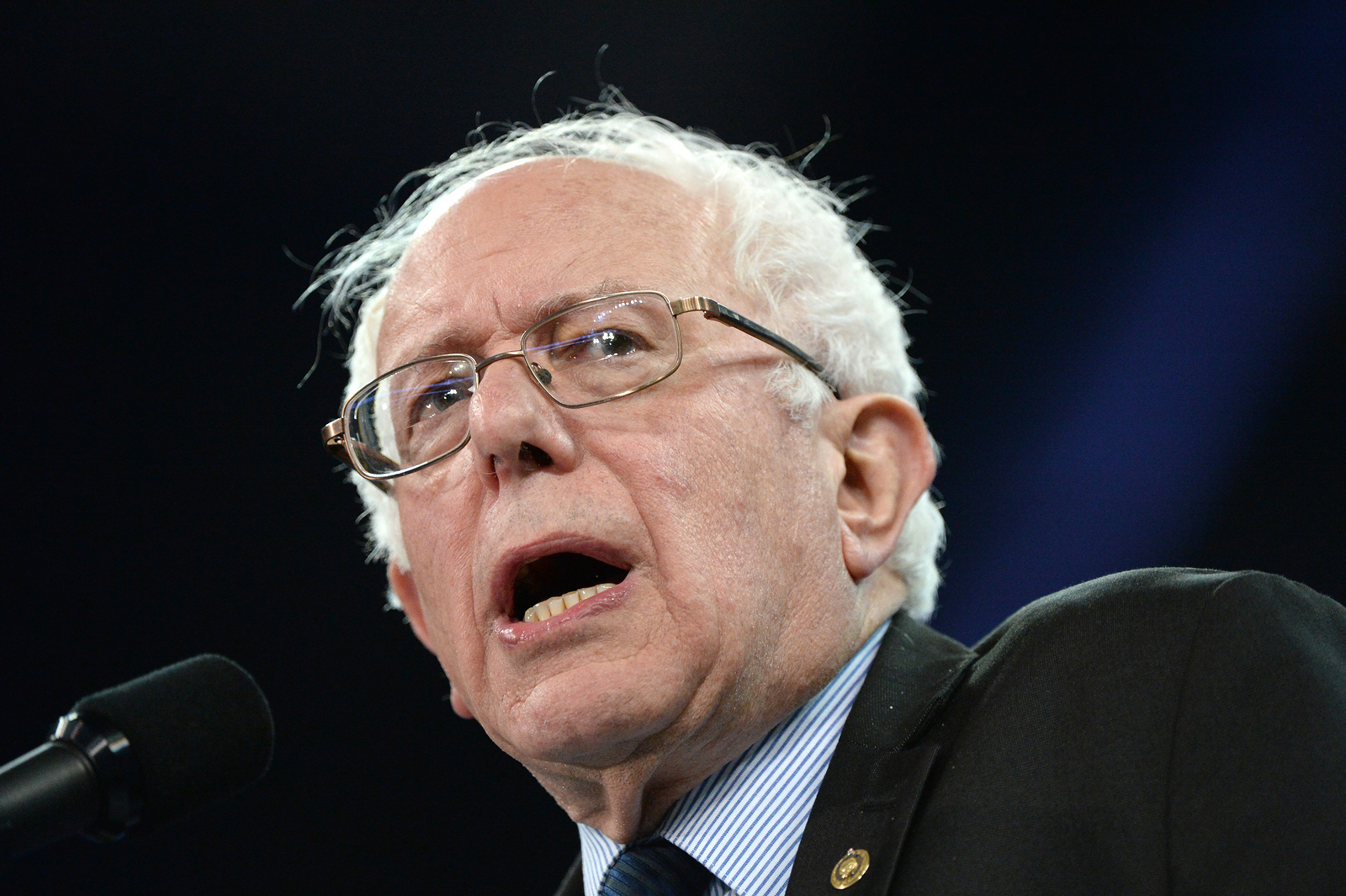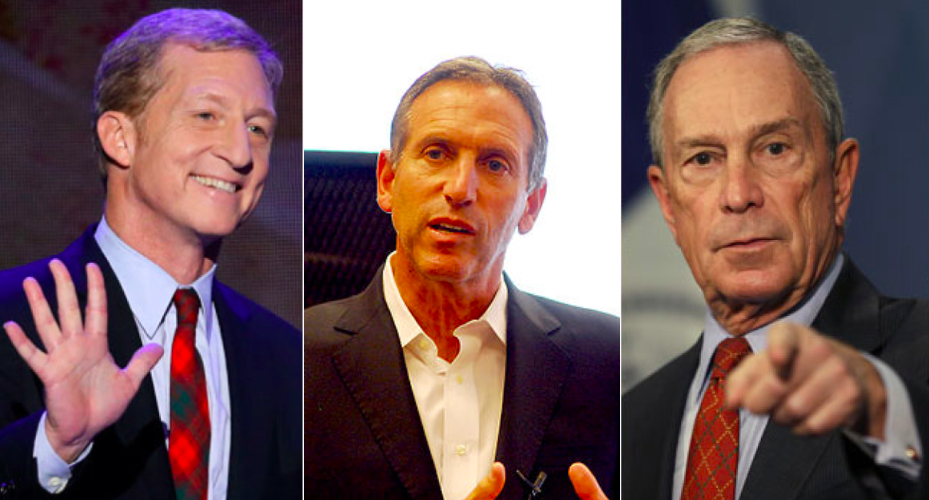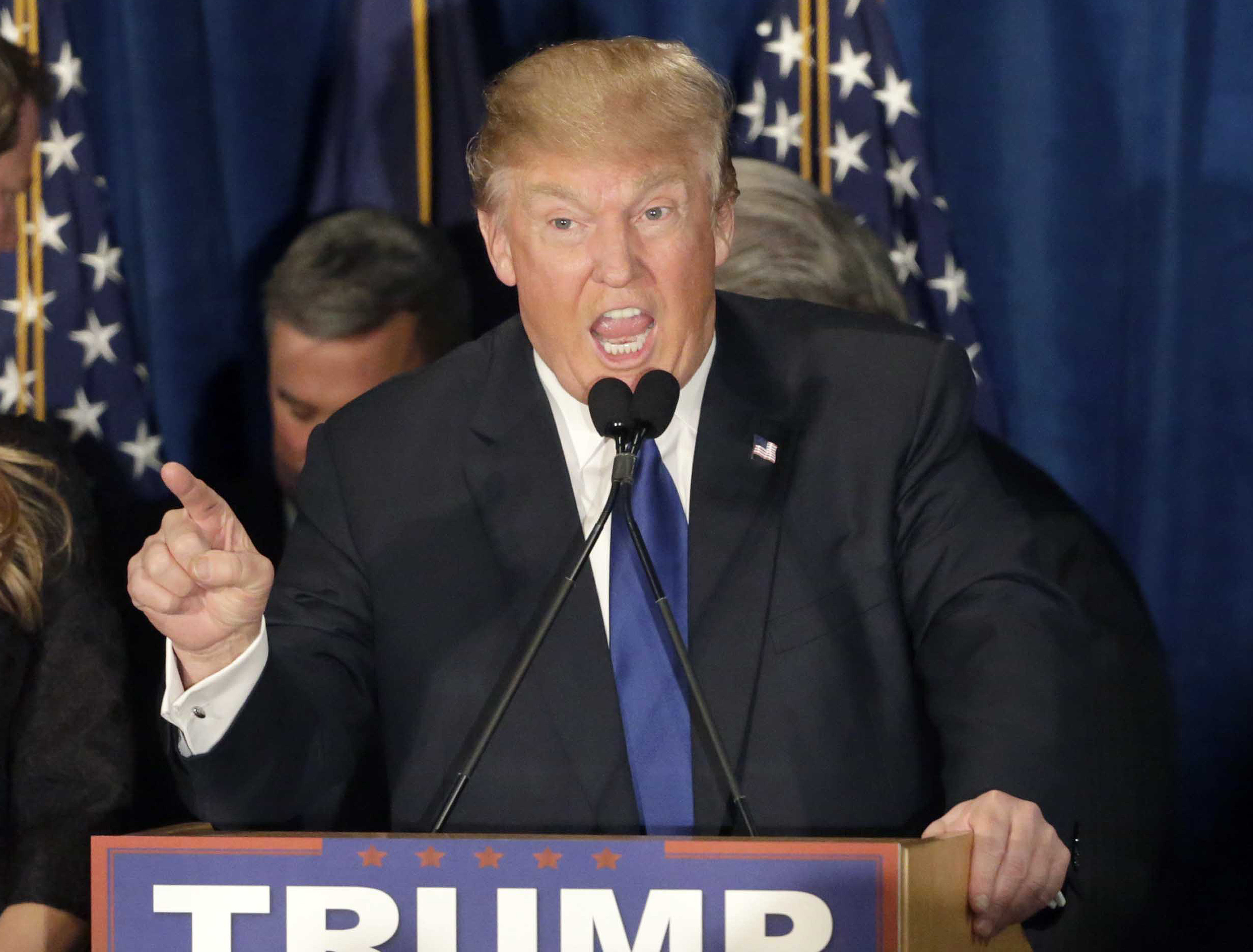Should a Nonprofit Disclose Pro Bono Legal Services Under Campaign Finance Law?

A Washington state nonprofit tried to help a group of citizen activists put union reform initiatives on their local ballots, but the plan backfired spectacularly.
Not only did the initiatives not make it onto ballots due to Washington state legal restrictions regarding union reform, but the Washington state attorney general sued the nonprofit, the Freedom Foundation, for failing to disclose the pro bono legal services it provided to the union reform activists.
Last week, the foundation announced it will appeal to the Supreme Court of the United States (SCOTUS) over the Washington State Supreme Court’s ruling that the foundation violated Washington’s Fair Campaign Practices Act (FCPA) by not disclosing the pro bono legal services.
In an effort to increase transparency, citizen activists in the Washington cities of Chelan, Sequim, and Shelton gathered signatures for ballot initiatives that would require the city governments to make their collective bargaining negotiations with unions representing city employees open to public observation, and also give city employees the ability to opt out of a union and not pay union dues, echoing Right to Work initiatives.
The city of Chelan, in accordance with its municipal code, directed the ballot initiative to its city attorney, after which the city took no action on the initiative. The city of Sequim did not take any action with the ballot initiative and neither did the city of Shelton, likely because of the state legal restrictions regarding union reform initiatives for city employees.
The Freedom Foundation sued the three cities in three separate lawsuits for taking no action on the initiatives, but the courts dismissed all three lawsuits, and the foundation did not appeal them. Then, the state attorney general sued the foundation for not disclosing its legal services as a “campaign donation” under the FCPA.
Because the foundation offered the legal services completely free of charge to the citizen activists, the foundation believes it did not break the FCPA (the foundation continued to pay its lawyers as usual).
But the Washington State Supreme Court ruled against the foundation, saying the spirit of the law calls for utmost transparency regarding donations and services rendered on behalf of a political campaign.
The majority opinion also pointed out that according to the local law, initiatives are considered “ballot propositions” and “campaigns” once filed with city clerks. So according to local law, the initiatives were in fact “ballot propositions,” and the foundation should have disclosed its involvement. But the local law also assumes that after a city clerk receives a ballot initiative, then the citizens sign the petition for the city council to either adopt the initiative or put it to a vote.
That’s not what happened in the cities of Chelan, Sequim, and Shelton: the citizen activists obtained signatures before submitting the ballot initiative to the city clerks.
“The majority said, yes this is vague but we’re going to interpret the law in the spirit of campaign law in Washington which favors disclosure,” Maxford Nelson, the foundation’s director of labor policy, told InsideSources. “So we’re going to come down on the side of increased transparency. The minority took the view that we think is correct, that when it comes to regulations of speech and political activity, you’re dealing with First Amendment issues and to enforce a vague law that burdens the exercise of free speech is long thought to be unconstitutional. So the minority took the view that the law is vague and the government should not be enforcing vague law in a burdensome way.”
Unions wield a lot of power in the state of Washington, so from the foundation’s point of view, unions pressured the state and city governments into dismissing the ballot initiatives then prosecuting the foundation.
Nelson also said unions fail to disclose campaign donations all the time, but the state doesn’t prosecute them.
Paul Seamus Ryan, vice president of policy and litigation for Common Cause, said the state of Washington’s interpretation of the law is “consistent with how most states regulate the ballot process,” adding that it is also common for municipalities to reject ballot initiatives.
“The standard practice typically required under state law is for disclosure practices to apply from the earliest stages,” Ryan told InsideSources. “[The Freedom Foundation’s] argument is wholly inconsistent with how campaign finance law is interpreted all over the country.”
If courts ruled in favor of the foundation’s argument, Ryan said, they would nullify the purpose of campaign finance law.
“There is an exemption in federal and most state campaign finance laws for lawyers who are wholly volunteer and are not being paid by their law firms or nonprofits,” he said, which is not what happened with the Freedom Foundation as its lawyers were still paid by the foundation to do their work. “[If the Freedom Foundation won] it would be a huge loophole and would totally undermine the point of campaign finance law.”
Mark Lamb, one of the lawyers who represented the Freedom Foundation, acknowledged Ryan’s assessment as correct, but said it doesn’t make sense for the foundation to disclose the legal services when the ballot initiatives can’t be considered true “ballot propositions” under local law.
Ryan, like the Freedom Foundation, prosecuted municipalities for rejecting ballot initiatives, but lost in court.
“It is quite common for governments to refuse for a variety of reasons to put a measure on a ballot and then there be litigation around that, so it’s not unusual,” he said. “Courts get to decide whether the cities were reasonable or unreasonable. You expect it going into a ballot measure that the city may fight it. There are many steps where litigation can happen.”
A source close to the Freedom Foundation told InsideSources that if that’s how courts usually interpret campaign finance law, then the law needs to be more clear. From the foundation’s perspective — and the minority perspective on the Washington State Supreme Court — the law’s vagueness confuses organizations trying to comply.
Associate Justice Sheryl Gordon McCloud wrote in the dissent that when the law is so ambiguous, courts should rule in favor of the citizen, not the government. To rule in favor of the government over a vague law is a violation of free speech.
Louis Caldera, senior adjunct professor of law at American University’s Washington College of Law, told InsideSources that in these kinds of cases involving campaign assistance or donations, the free speech argument usually — ironically — benefits special interest groups, unions, and “those with a lot of money.” So a ruling in the foundation’s favor would also benefit the unions it is trying to reform, by reducing transparency accountability.
“They want the weakest disclosure requirements possible,” Caldera said. “From the campaign side, we’ve had a lot of concern about money and politics and corrupt candidates and the political process and special interests with disproportionate power. So people have tried to address the issue of money and politics going back to when they tried to limit campaign contributions and expenditures. The expenditures part ran afoul of free speech and right of association concerns, and that’s still an issue and people are still trying to figure out how to get the money out of politics on the expenditure side.”
The Freedom Foundation told InsideSources it hopes SCOTUS will hear the case and perhaps clarify campaign finance law so that other organizations know exactly where they stand when assisting various political campaigns.
“That’s the problem with vague laws, people with different viewpoints will prosecute them differently,” Lamb said.






